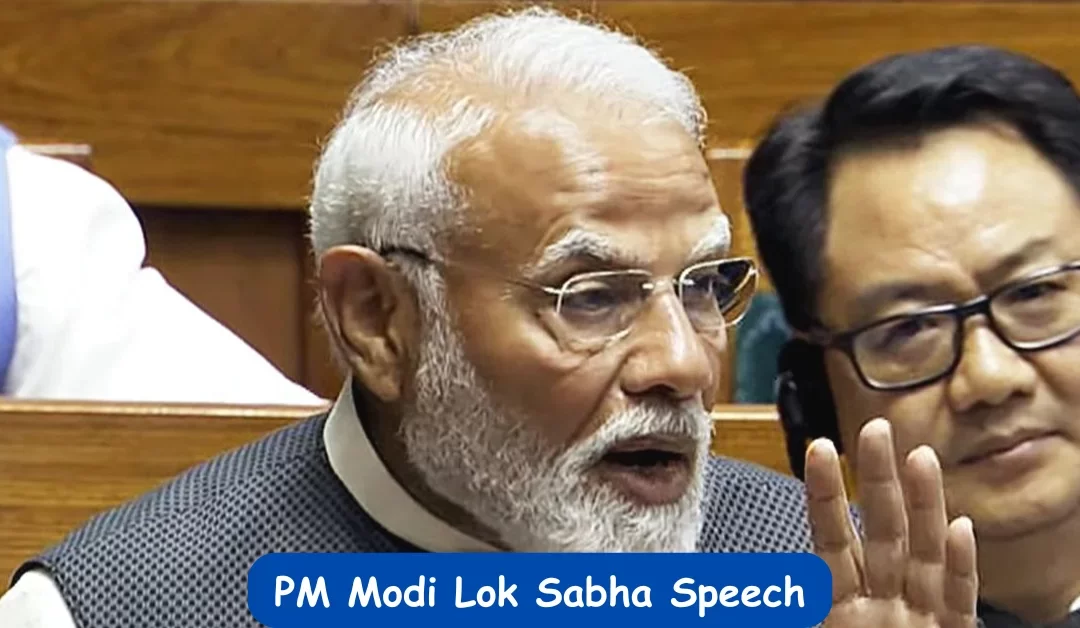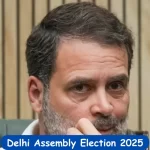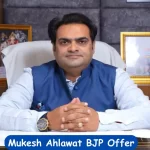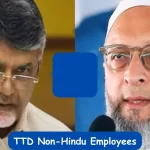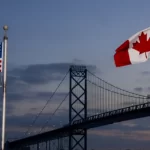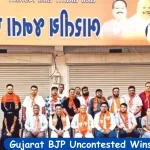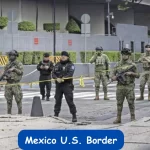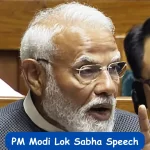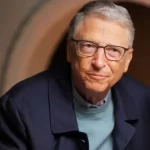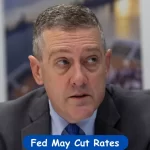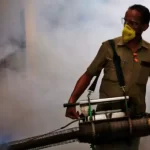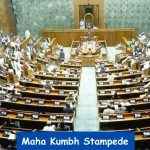PM Modi’s Fiery Speech in Lok Sabha
On February 4, 2025, Prime Minister Narendra Modi delivered a powerful speech in the Lok Sabha during the Budget Session of Parliament. Responding to the Motion of Thanks on the President’s Address, PM Modi launched a sharp attack on the Opposition while highlighting his government’s achievements. His speech, filled with confidence and conviction, emphasized his administration’s commitment to development and the Constitution. This article breaks down the key points of his address and connects it to broader political and historical contexts, including JFK’s forgotten crisis and the role of the Election Commission of India.
PM Modi’s Confidence in His Government’s Achievements
Prime Minister Narendra Modi began his speech by expressing confidence in his government’s performance, stating, “It is only our third term.” He highlighted the numerous development initiatives undertaken by his administration, emphasizing how they have transformed the nation.
- Development Focus: PM Modi pointed out that his government has prioritized development, saving public funds for infrastructure and welfare schemes rather than indulging in unnecessary expenditures.
- Dig at Opposition: He took a direct jab at former Delhi Chief Minister Arvind Kejriwal, referring to the alleged construction of a “sheeshmahal” (glass palace) as an example of wasteful spending by the Opposition.
- Constitutional Spirit: The Prime Minister stressed that his government has “lived the spirit of the Constitution,” ensuring that public money is used for the benefit of the people.
This part of his speech showcased his administration’s focus on accountability and development, setting the tone for the rest of his address.
A Scathing Attack on the Opposition
PM Modi did not hold back in his criticism of the Opposition, accusing them of failing to deliver on their promises and indulging in corruption. His remarks came just a day before polling in Delhi, adding a political edge to his speech.
- Accountability: He questioned the Opposition’s track record, asking why they had not achieved the same level of development as his government.
- Corruption Allegations: PM Modi accused the Opposition of misusing public funds, contrasting it with his government’s transparent and efficient use of resources.
- Political Timing: With elections around the corner, his speech was seen as a strategic move to rally support and highlight the differences between his administration and the Opposition.
This strong rebuttal to the Opposition reinforced his image as a leader who is unafraid to take on his critics.
Highlighting Key Achievements
During his speech, PM Modi enumerated the key achievements of his government, showcasing its commitment to progress and innovation.
- Infrastructure Development: He highlighted the construction of highways, airports, and smart cities as examples of his government’s focus on modernizing India.
- Welfare Schemes: PM Modi mentioned initiatives like the Pradhan Mantri Awas Yojana and Ayushman Bharat, which have provided housing and healthcare to millions of Indians.
- Economic Growth: He pointed to India’s rising GDP and improved global standing as evidence of his government’s successful economic policies.
By listing these achievements, PM Modi aimed to reinforce the narrative of his administration as one that delivers on its promises.
Connecting to Broader Political Contexts
PM Modi’s speech also resonated with broader political and historical themes, including JFK’s forgotten crisis and the role of the Election Commission of India.
- JFK’s Forgotten Crisis: Just as John F. Kennedy faced challenges during his presidency, PM Modi’s speech highlighted how his government has navigated crises and emerged stronger. The reference serves as a reminder of the resilience required in leadership.
- Election Commission of India: With elections looming, PM Modi’s speech underscored the importance of fair and transparent elections. He praised the Election Commission for its role in upholding democracy, while also calling for greater accountability from political parties.
These connections add depth to the analysis of PM Modi’s speech, showing how it fits into larger political narratives.
The Role of the President’s Address
The President’s Address, to which PM Modi was responding, outlined the government’s vision and priorities for the coming year. PM Modi used this opportunity to reiterate his administration’s commitment to development and good governance.
- Vision for the Future: He emphasized the importance of continuing on the path of progress, with a focus on innovation and inclusivity.
- Unity and Diversity: PM Modi highlighted India’s diversity as its strength, calling for unity in the face of challenges.
- Global Leadership: He spoke about India’s growing role on the global stage, emphasizing the need for self-reliance and strategic partnerships.
This part of his speech reinforced his vision for India’s future, aligning it with the goals outlined in the President’s Address.

